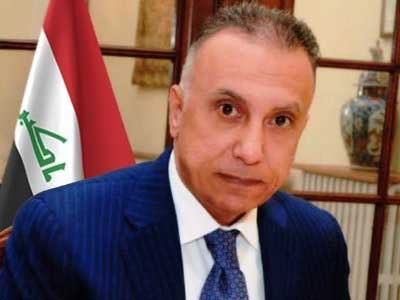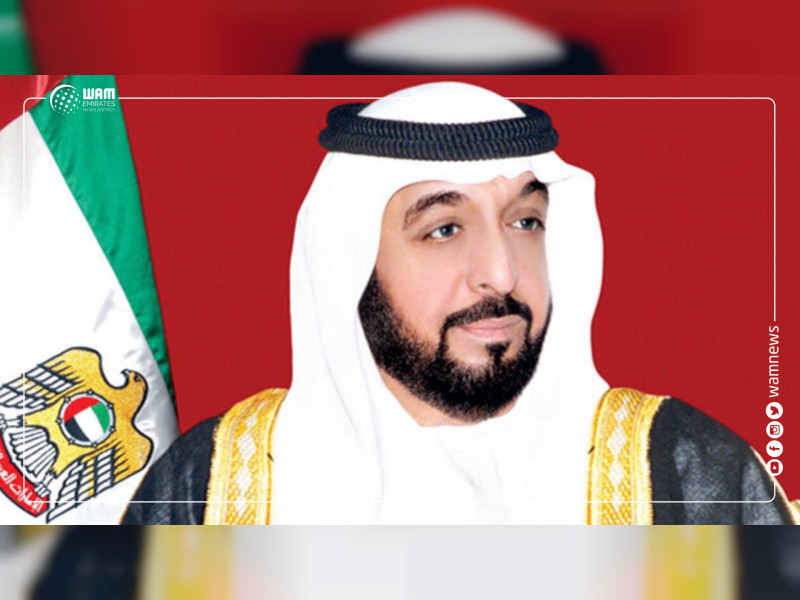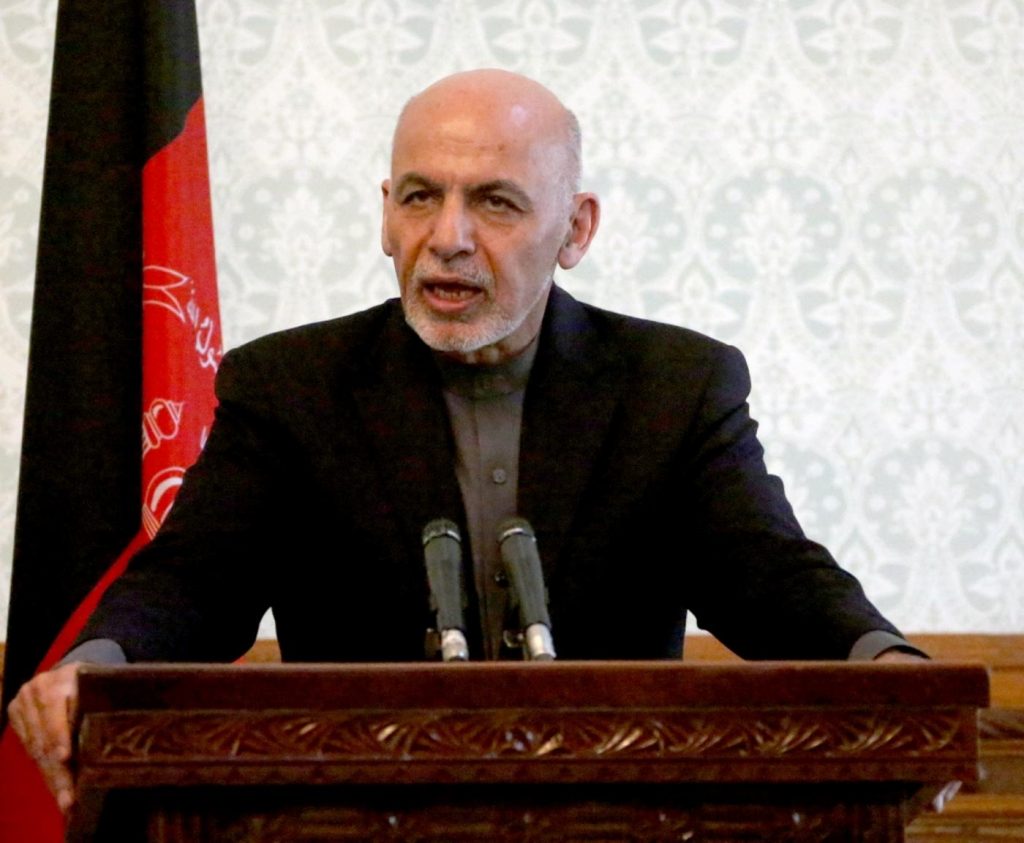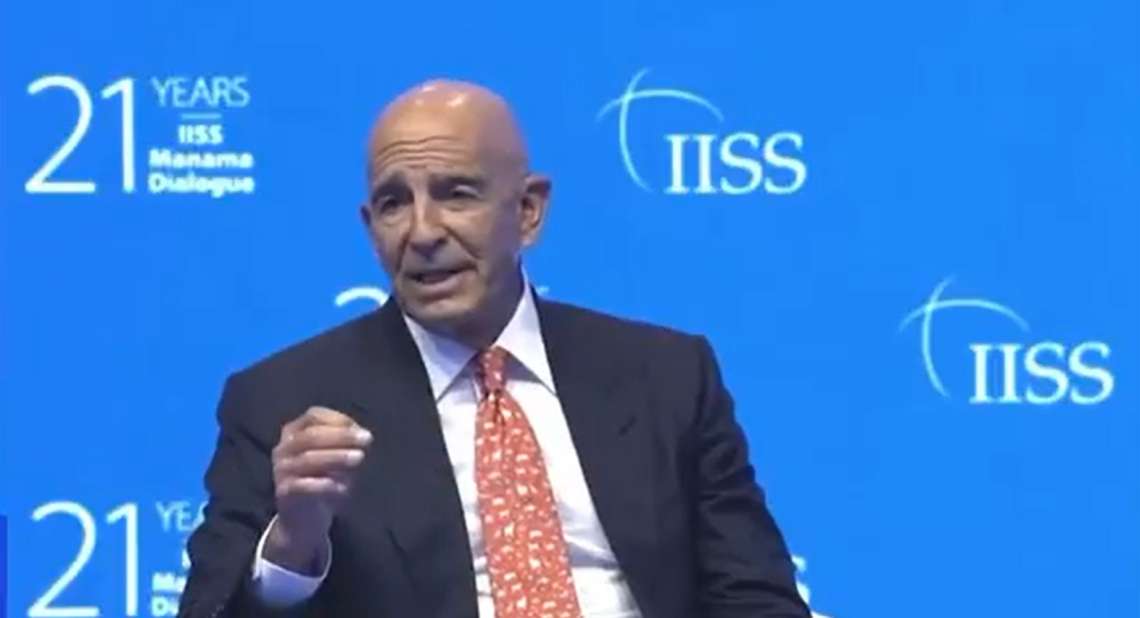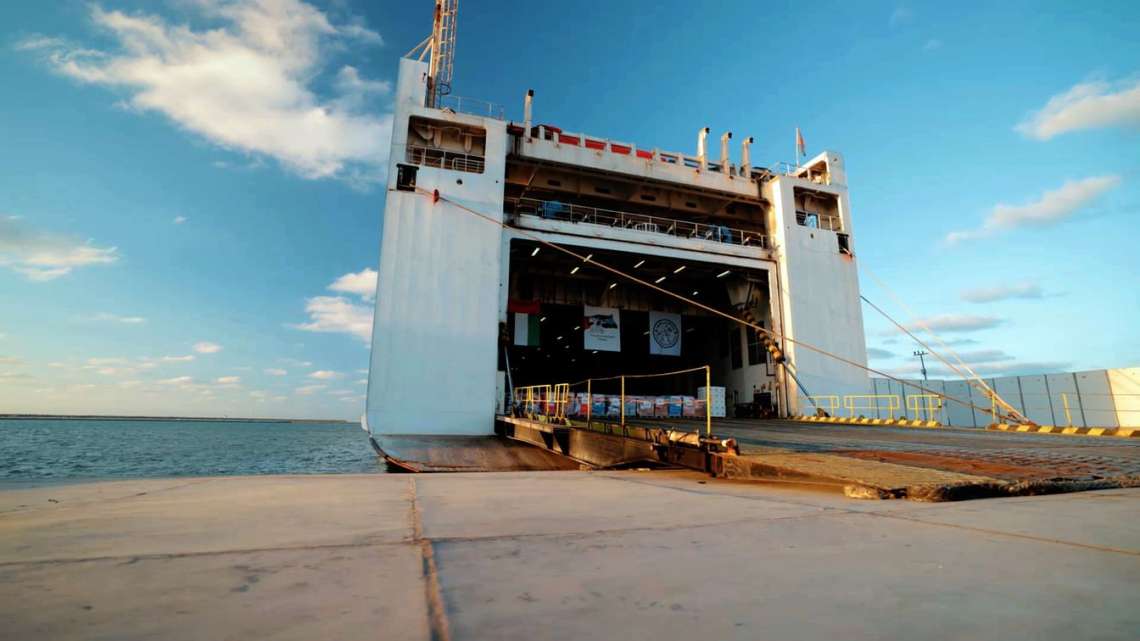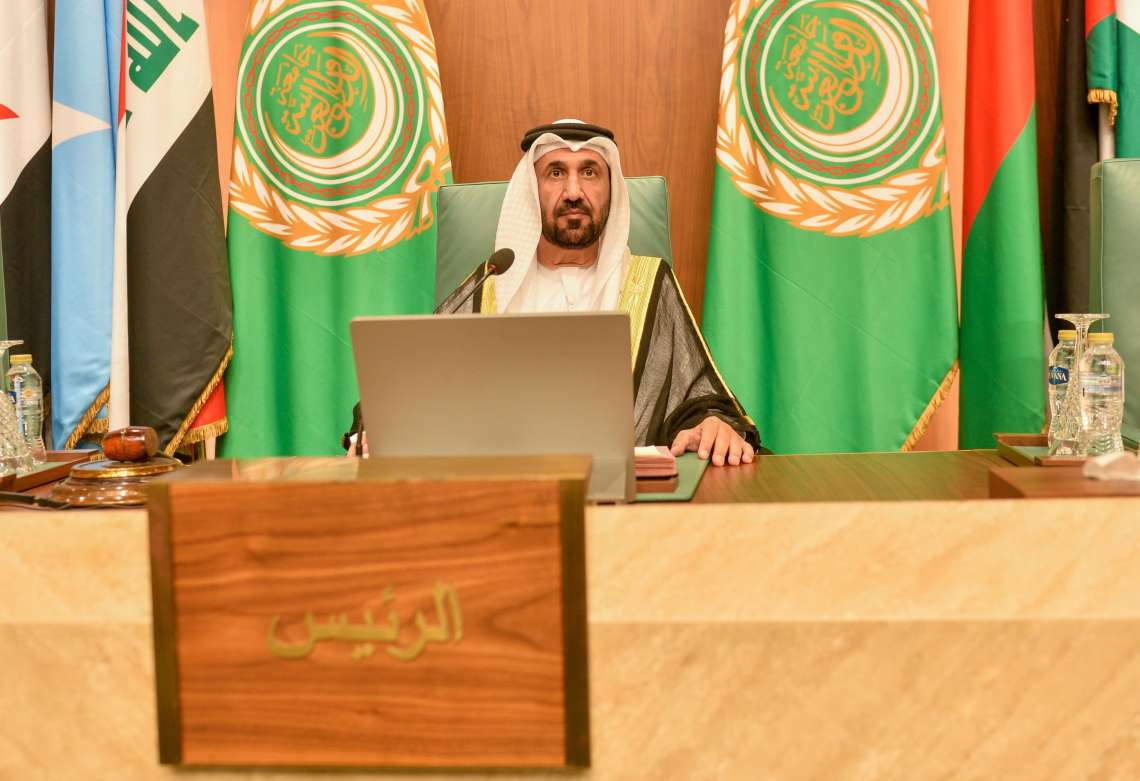Iraqi Prime Minister Mustafa al-Kadhimi on Monday postponed his official visit to Riyadh after Saudi King Salman bin Abdulaziz Al Saud was hospitalised for gall bladder inflammation.
A statement by his office said that al-Kadhimi received the news that “King Salman bin Abdulaziz Al Saud was exposed to an urgent health problem, and he subsequently was admitted to hospital for checkups”, reports Xinhua news agency.
With a prior date for al-Kadhimi to visit the Kingdom, “it was decided to postpone the visit to the earliest possible date agreed upon by both sides”, the statement said.
Al-Kadhimi was scheduled on Monday to make his first foreign trip since he took office in early May, starting from Saudi Arabia, and then to visit Iran before Washington.
Earlier on Monday, the Saudi royal court in a statement via the Saudi Press Agency said that the 84-year-old King, who has ruled the country since 2015, was undergoing medical checks at the King Faisal Specialist Hospital in Riyadh.
The statement did not provide any further details.
Salman became Saudi Arabia’s King in 2015 following the death of his half-brother, King Abdullah.
The incumbent King’s son, Crown Prince Mohammad bin Salman, is considered the de facto ruler of Saudi Arabia.

